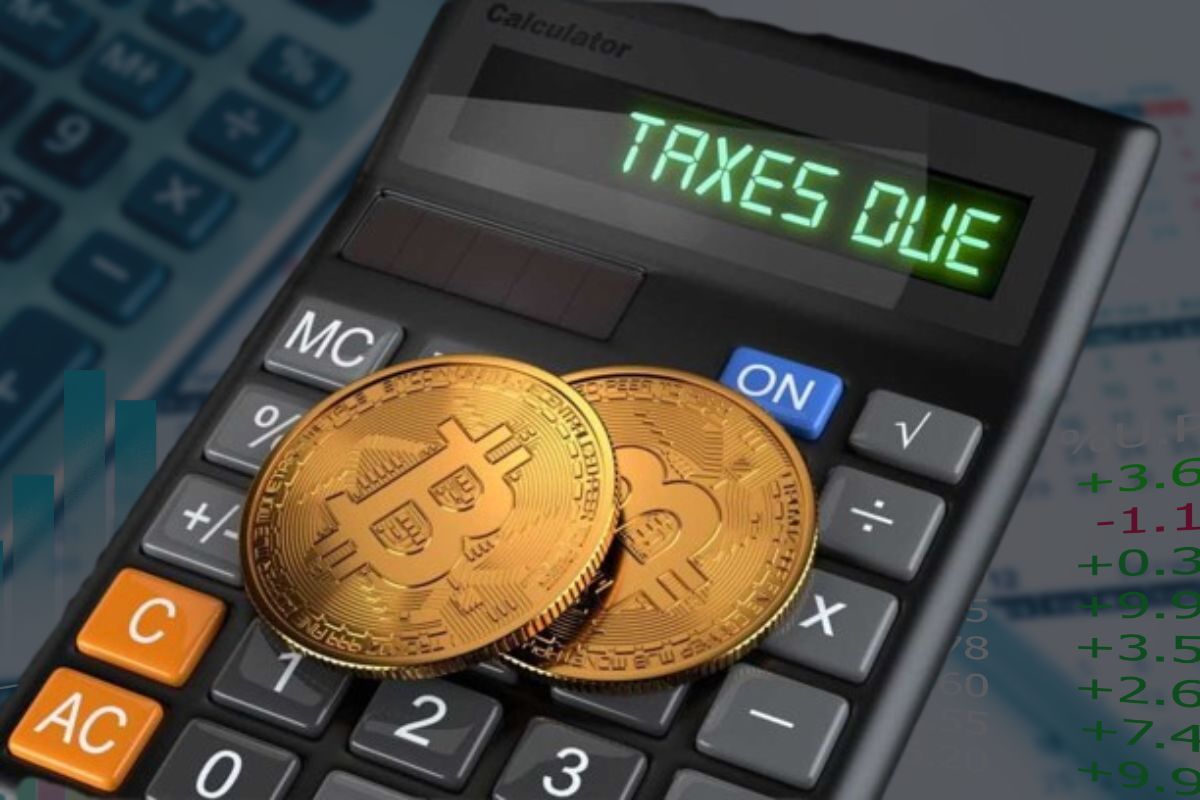Cryptocurrency has become a popular investment and income source for many, from small entrepreneurs to online freelancers. However, when tax season arrives, things can get complicated. Many people struggle with regulations, proper reporting, and how to incorporate crypto taxes into their overall financial planning.
To streamline the process, tools like the Crypto Tax Calculator can help automate tax reporting and ensure compliance. Failure to comply with tax laws can lead to penalties or legal issues. That’s why it’s crucial to know how to make tax filing for crypto assets easier.
Summary:
- Properly reporting crypto taxes is essential to avoid fines and legal issues.
- Use tax software or a CPA experienced in cryptocurrency to simplify the process.
- Maintain well-organized records of all crypto transactions to ease tax filing.
- Understand the tax treatment for different types of crypto income, such as trading, staking, and mining.
Why Is Proper Crypto Tax Filing Important?
Cryptocurrency is not an ordinary asset. Its prices fluctuate daily, and there are multiple ways to earn from it—such as trading, staking, mining, or NFT flipping. However, from the government’s perspective, almost all crypto transactions have tax implications.
Failing to file taxes correctly can lead to audits, penalties, or additional fees. Receiving an unexpected letter from the tax agency regarding unpaid taxes can be stressful. It’s best to handle tax matters early on to avoid such problems.
How to Simplify Crypto Tax Filing
1. Use Crypto Tax Software
Manually calculating every profit and expense in crypto is unnecessary. Various tax software automatically analyze transactions and track capital gains, losses, and other reportable data. These tools provide real-time monitoring, generate tax reports, and ensure compliance with different tax regulations. Some even offer integrations with multiple exchanges and wallets, simplifying the tracking process across different platforms.
Popular tax software includes CoinTracker, which provides a comprehensive dashboard for portfolio tracking and tax reports. Koinly is another widely used tool that supports various tax jurisdictions and allows users to customize their tax reports. CryptoTaxCalculator offers advanced features, including automatic data syncing from exchanges and DeFi platforms, ensuring that users get accurate tax estimates.
2. Organize Your Transactions
Keeping an organized record of all purchases, sales, and earnings from crypto is essential. Proper documentation ensures that tax filings are accurate and that potential discrepancies can be easily resolved.
Google Sheets or Notion can be useful for tracking details such as transaction date, amount of crypto bought or sold, crypto price at the time of transaction, and the platform or wallet used. For more advanced tracking, dedicated portfolio management tools such as CoinStats or Delta can automatically sync transaction data and provide real-time insights into portfolio performance.
It is also beneficial to categorize transactions based on their nature, such as long-term holdings, short-term trades, staking rewards, or airdrops. This categorization helps in accurately determining tax liabilities.
Also, keeping copies of receipts, transaction confirmations, and exchange records can serve as crucial evidence if ever required for an audit. Well-maintained records simplify tax filing, reduce stress during tax season, and assist accountants in preparing accurate tax reports.
3. Understand the Tax Treatment of Different Crypto Activities
The tax implications vary depending on how you use crypto:
Trading – Buying and selling crypto for profit is considered a capital gain or loss.
Staking and Mining – Rewards from staking or mining are classified as ordinary income and must be reported.
Airdrops and Rewards – Even if received for free, these are taxable since they hold value.
NFTs – Tax treatment varies depending on how they are used.
Knowing how you earn from crypto and its correct tax classification is crucial.
4. Consult a CPA Experienced in Crypto
If you’re still unsure, it’s best to consult a CPA or tax professional familiar with cryptocurrency taxation. Not all accountants understand crypto taxes, so ensure they have the necessary expertise. Having an expert guide you makes the process much smoother.
5. Prepare Before Tax Season Arrives
Don’t wait until the deadline to organize your records. Regularly updating your crypto transactions and using automated tax tracking tools can prevent last-minute surprises during tax filing.
Common Mistakes to Avoid
Not reporting small transactions can be an issue, as even minor earnings should be reported since they contribute to overall taxable income. Many traders mistakenly believe that small transactions are insignificant, but tax agencies may still audit them, leading to possible penalties.
Using an incorrect cost basis can result in either overpaying or underpaying taxes. The cost basis must be accurately tracked, especially for long-term holdings, as different methods such as FIFO (First-In-First-Out) and LIFO (Last-In-First-Out) may have varying tax implications.
Failing to track staking and mining rewards is a common mistake, as these earnings are classified as taxable income in most jurisdictions. Individuals engaged in staking or mining must ensure they keep a record of rewards received, as tax authorities may require documentation on the source of these earnings. Assuming crypto-to-crypto trades are tax-free can also be a costly mistake.
Many countries treat exchanging one cryptocurrency for another as a taxable event, meaning that each trade must be reported and any applicable gains or losses calculated. Understanding these potential pitfalls can help in avoiding unnecessary tax liabilities and ensuring compliance with regulations.
Why Early Preparation is Beneficial
Properly managing crypto taxes leads to clearer financial planning. Knowing what to report and how to do it ensures peace of mind during tax season. Besides avoiding penalties, it helps create a well-structured financial strategy for your investments.
By preparing in advance and using the right tools, tax season becomes less burdensome, allowing you to focus on growing your crypto investments without worrying about taxes.
